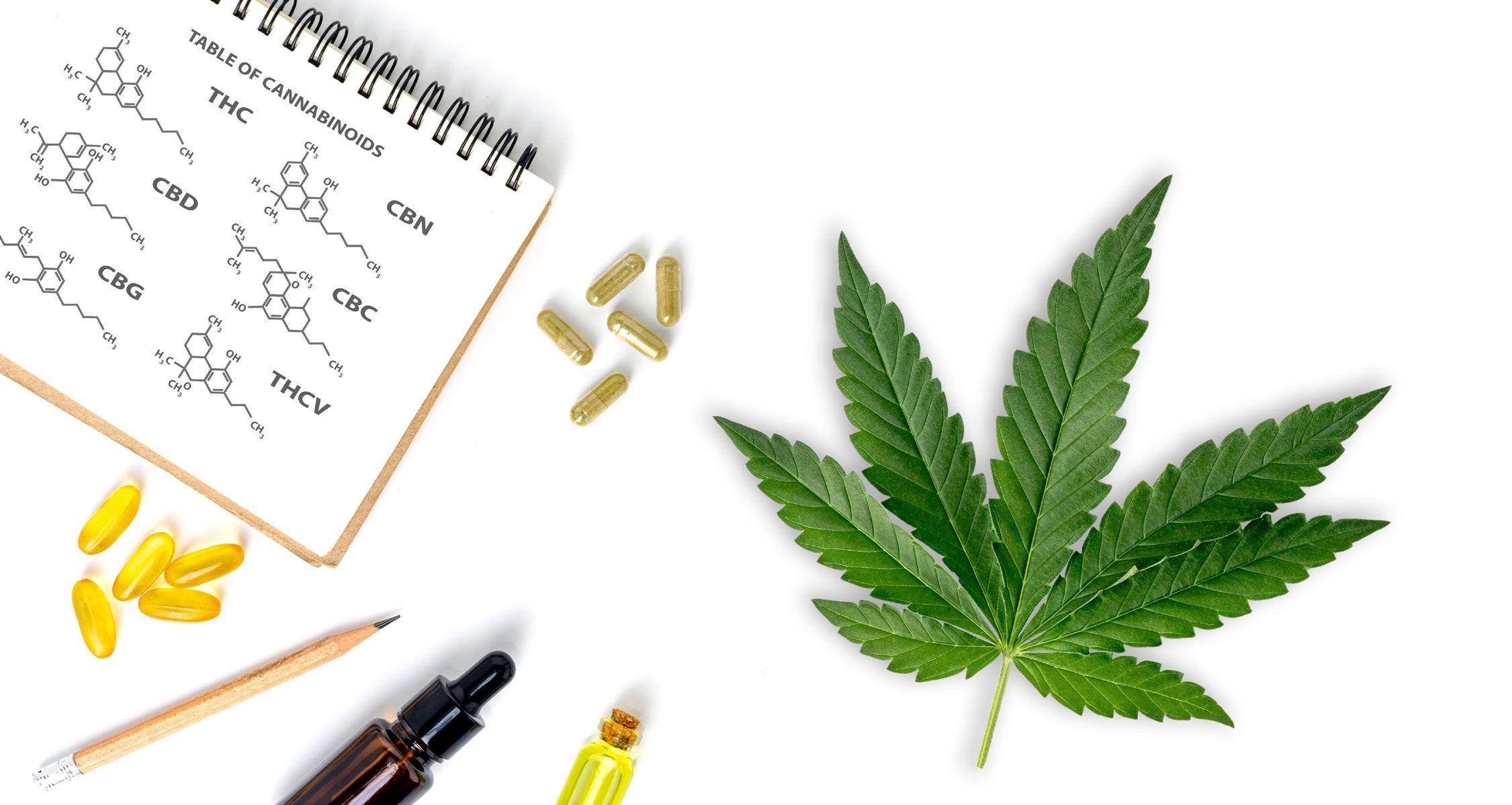POLICY / LEGAL
Legalized It B Y N I C K M U R R AY
I L L U S T R AT I O N B Y M AT T H E W B O U R G E O I S
Voters across U.S. take meaningful steps to end the war on drugs While November 3, 2020 was a mixed bag for most voters, Americans looking for an end to the war on drugs found some relief in the election results. Cannabis-related ballot initiatives passed in states across the nation, in every jurisdiction where they appeared. Voters in Arizona, Montana, and New Jersey approved adult-use legalization, and those in Mississippi approved medical use if recommended by a doctor. South Dakotans approved both adult-use legalization and a medical cannabis program, the first state to accomplish both at once. Voters in four Ohio towns added decriminalization of cannabis to their books, marking a total of 22 localities in the Buckeye State that will not prosecute peaceful cannabis consumers. We had a local win here in Maine, too. An initiative to open the market and remove the cap on cannabis businesses in Portland passed with 53% in favor. Voters in Oregon and Washington, D.C. also did their part to loosen the next layer of bricks in the wall of prohibition. New Jersey It was all but a shoe-in for the coastal, progressive, mostly urban and suburban state. Polls consistently showed over 60% would vote for the measure. In the end, the polls were validated. With majority support in all 21 counties, and by a 2-to-1 margin statewide, New Jerseyans elected to graduate with the next class of adult-use states. Some hempwise historians will count it as the 12th state to do so, since its fate was sealed before the polls closed in Montana, South Dakota, or Arizona on election night. A unique aspect of the NJ plan is that cannabis sales will not be subject to additional state-level taxes. While towns that allow it may tax sales at an additional 2%, the highest possible tax on cannabis would only be 8.625%. Most state cannabis taxes are in the doubledigits so the Garden State could quickly become a regional competitor. It could lure thousands of people from neighboring states—Delaware, Pennsylvania, and New York—which have been slow to adopt legal cannabis,diverting millions of dollars from the illicit market. It is possible that the New Jersey Assembly could add an additional state-level tax during its upcoming session. Depending on how quickly they can get the regulated market up and running, and how many towns opt in, New Jersey could become a big player in the rapidly-changing northeast cannabis market. As we know in Maine, this is where the real work happens.
14
MAINECANNABISCHRONICLE.COM
In response to the vote across the Delaware River, Pennsylvania Lieutenant Governor John Fetterman urged residents to call their legislators and demand they move toward legalization. According to Fetterman, “Pennsylvania farmers will surely grow better cannabis than New Jersey.” Nothing wrong with a little crossstate rivalry when it comes to high-end horticulture. Pennsylvania Governor Tom Wolf has also expressed support for ending cannabis prohibition, and a poll this year found over 60% of Pennsylvanians agree with him. The tide is already turning. Arizona This year, 59% of Arizonans approved a legalization question reflecting shifting demographics to more young and Latinx voters. After 10 years of developing understanding and acceptance of medical cannabis, legalization advocates organized fiercely to deliver a win this year in the Grand Canyon State. Voters rejected a similar initiative in 2016 by a margin of within three percentage points. Arizona is the first state to move from treating cannabis as a felony to legalizing it in one fell swoop. Plans for the legal market rollout are expected to be swift, with licenses available to current medical cannabis providers as early as March 2021. Montana In November, conservative voters across the country showed that limited government principles do include the therapeutic cannabis plant. Montanans faced two questions dealing with legalization and passed both by more than 10 percentage points. One question established a legal system for production and sale, and the other amended the state constitution to set the legal purchasing age at 21. A unique aspect of the Big Sky legalization proposal is that half of the tax revenue generated from cannabis sales will be earmarked for land, water, and wildlife conservation programs. Funds will also support veteran services and substance abuse treatment. Mississippi In the southeast, a region notoriously stubborn about moving past the mindset of the failed war on drugs, Mississippi voters spoke loudly in favor of treating with compassion those who use cannabis as medicine. Even as they faced a more restrictive, alternative proposal placed on the ballot by the legislature, two out of three voters supported allowing medical cannabis. Soon, patients in the Magnolia State will be allowed 2.5 ounces of flower every 14 days to treat a list of 22 qualifying conditions that includes cancer, multiple sclerosis, and chronic or debilitating pain. South Dakota Another vast, conservative, rural state with a notable Libertarian streak, South Dakotans rose to the occasion

















